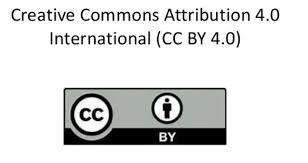Development and evaluation of shelf-stable meat pickles from spent hen and duck meat
DOI:
https://doi.org/10.47440/jafe.2025.6202Keywords:
Development, Evaluation, Shelf-stable, Meat, Pickle, Spent hen and duckAbstract
The study evaluated the sensory, physicochemical, biochemical, and microbiological stability of spent hen and duck meat pickles over 90 days at room temperature. Sensory attributes showed a slight but insignificant decline over time, confirming acceptability of the pickles throughout storage period. pH decreased significantly (p<0.05) but remained below 5.0, ensuring pickle stability. Water activity values (0.93-0.96 aw) exhibited a slight, statistically insignificant decline and titratable acidity increased slightly, influenced by acetic acid concentration, supporting prolonged shelf life of the pickles. The thiobarbituric acid (TBA) values rose significantly (p<0.05), indicating progressive lipid oxidation, though remaining within acceptable limits. Microbiological analysis confirmed a significant (p<0.05) increase in total viable counts, yeast, and mold, but all remained within acceptable limits. Pathogenic bacteria were absent, likely due to low water activity, antimicrobial effects of vinegar as well as hygienic processing and optimal cooking conditions. The findings suggest that pickles prepared with aged hen and duck meat remain microbiologically safe, organoleptically and physiochemically satisfactory for up to 90 days when store at room temperature.






 Publisher:
Publisher: 